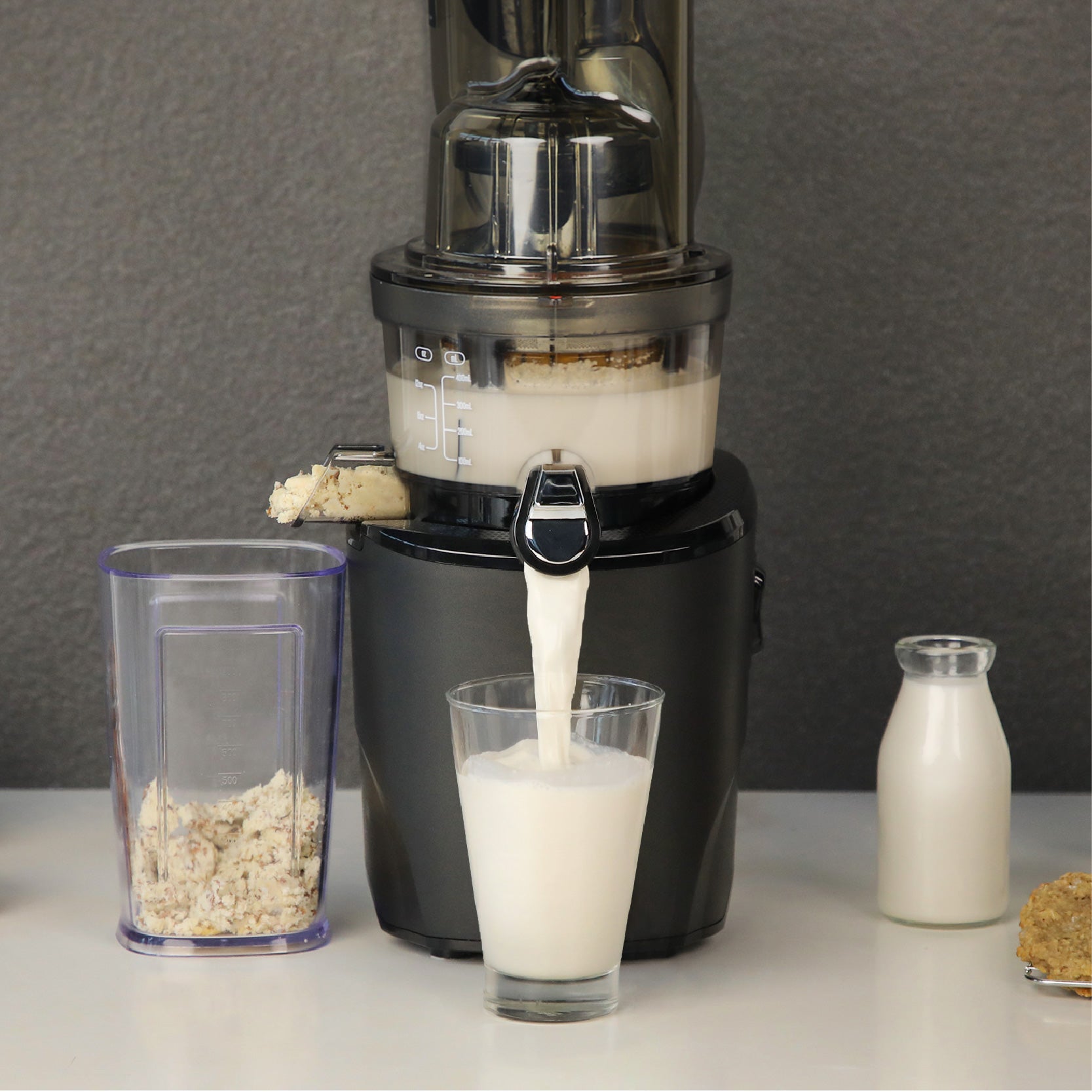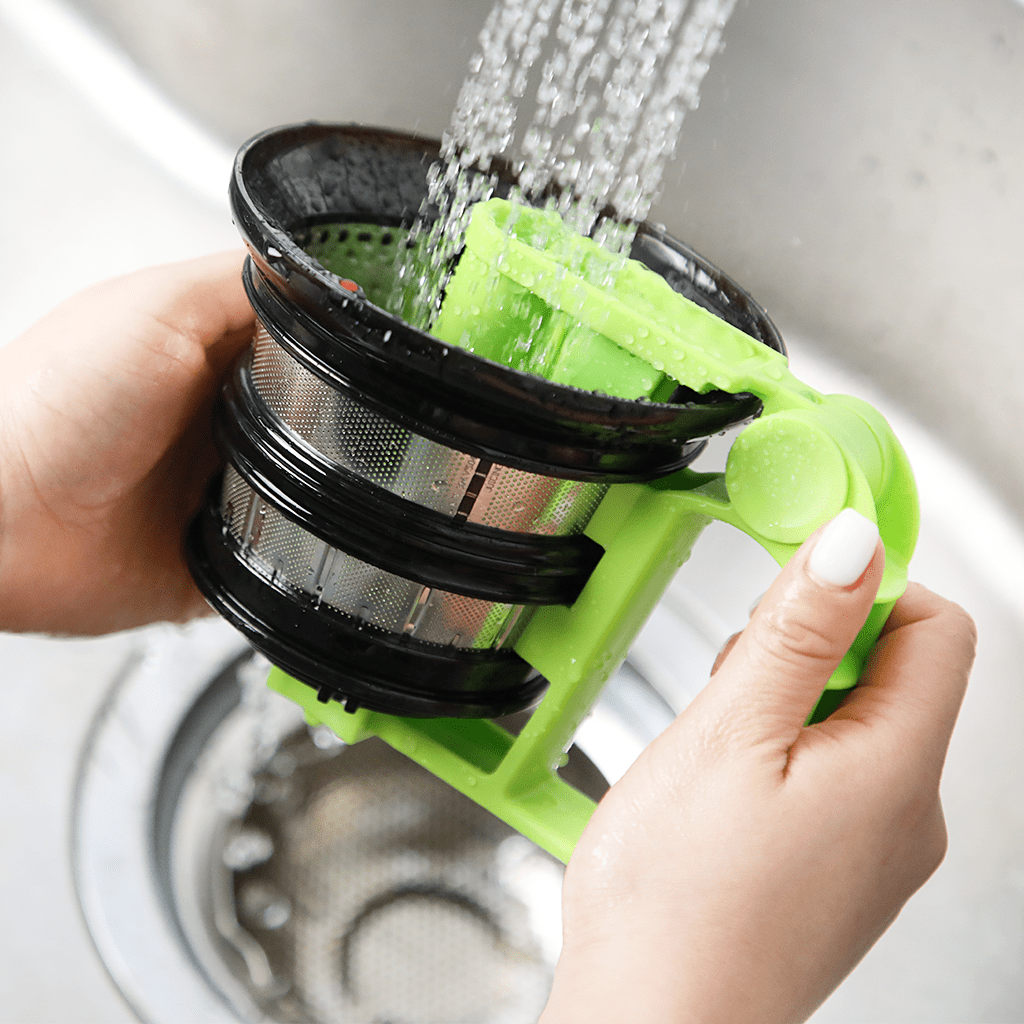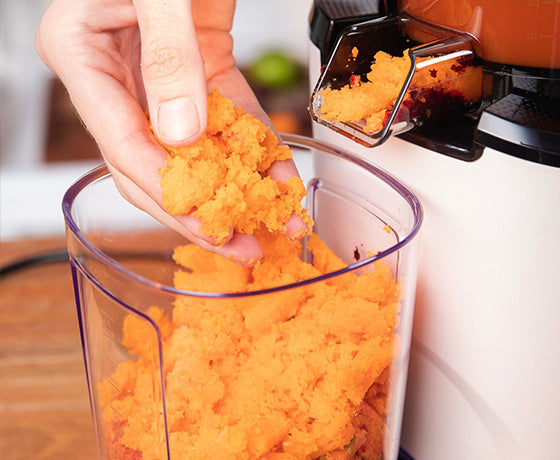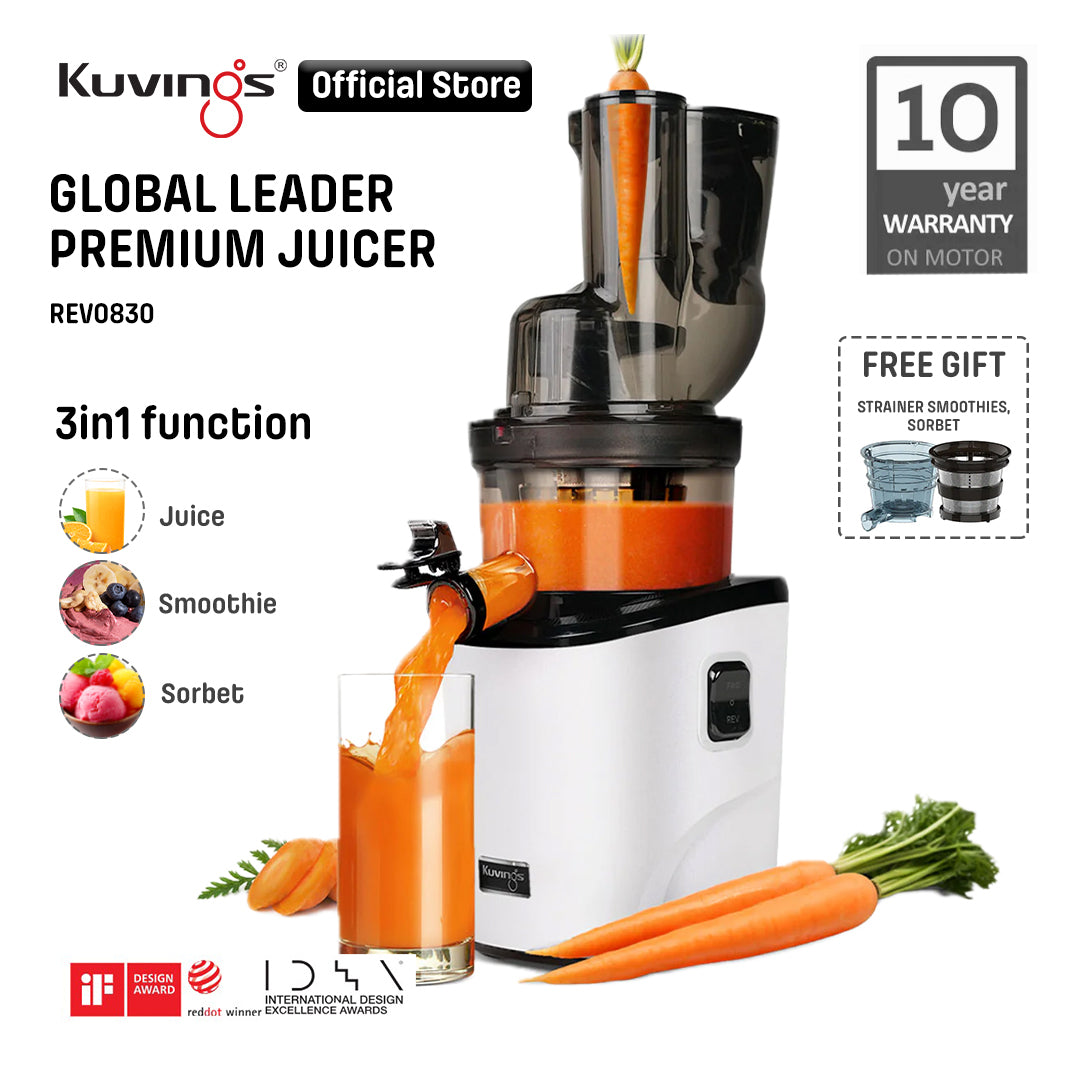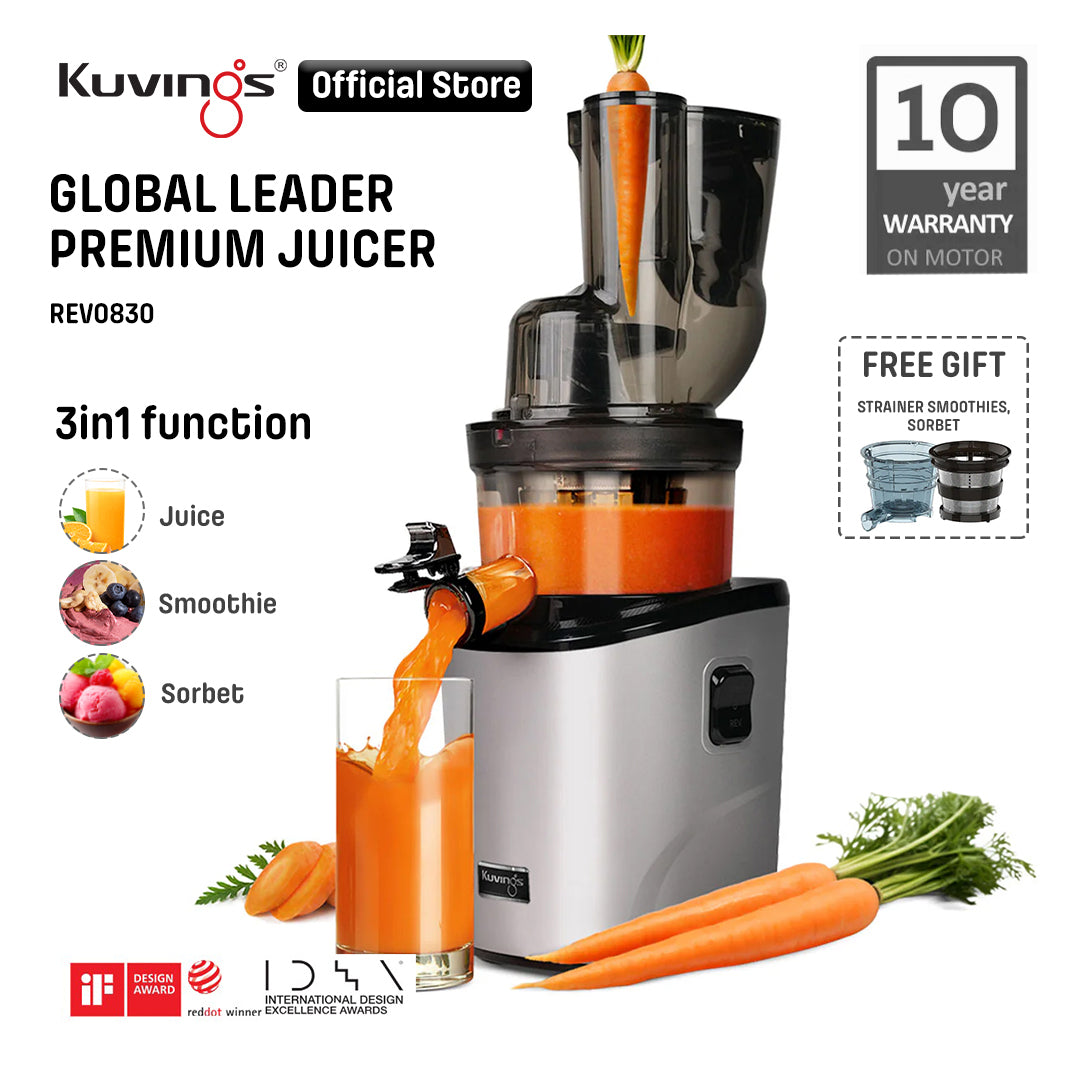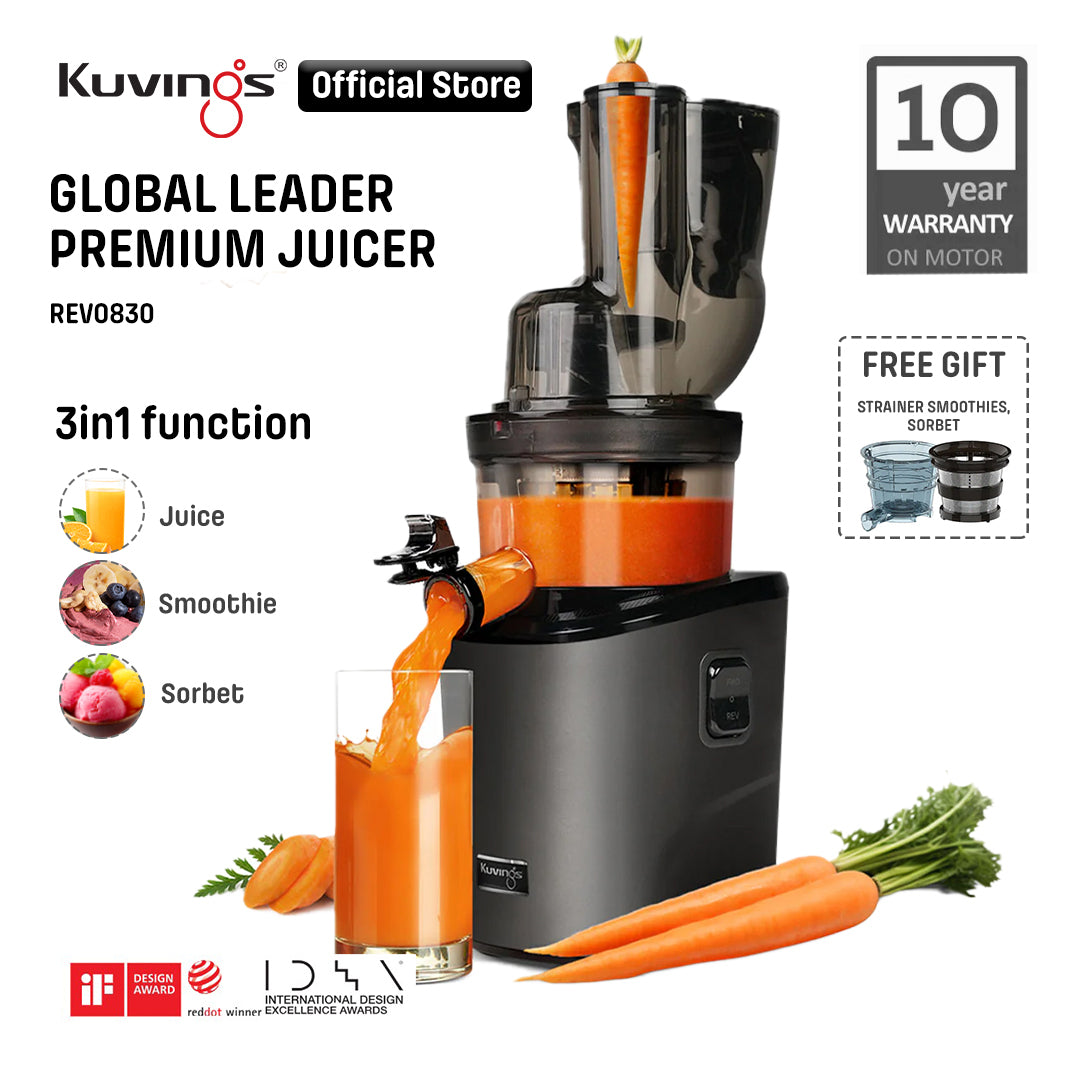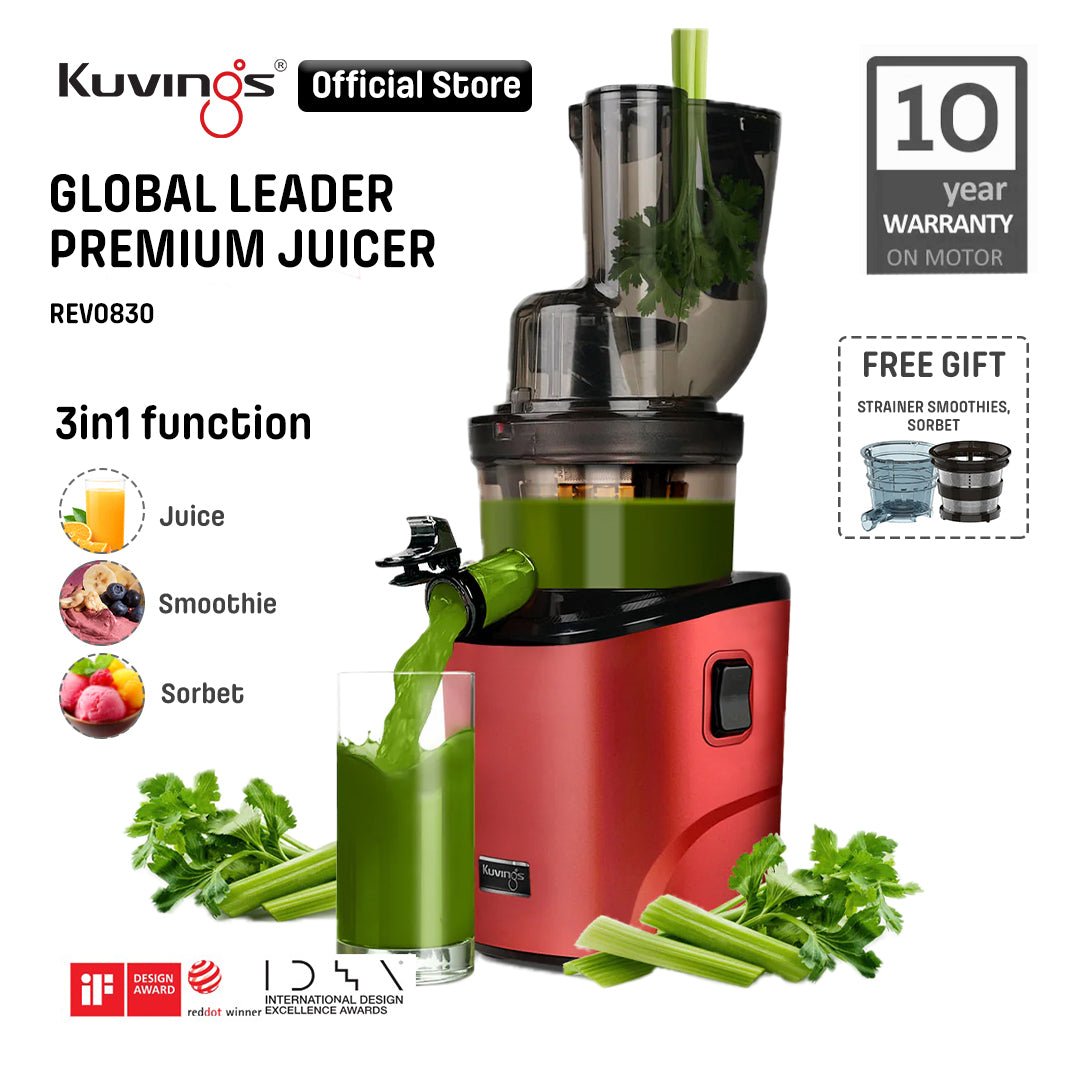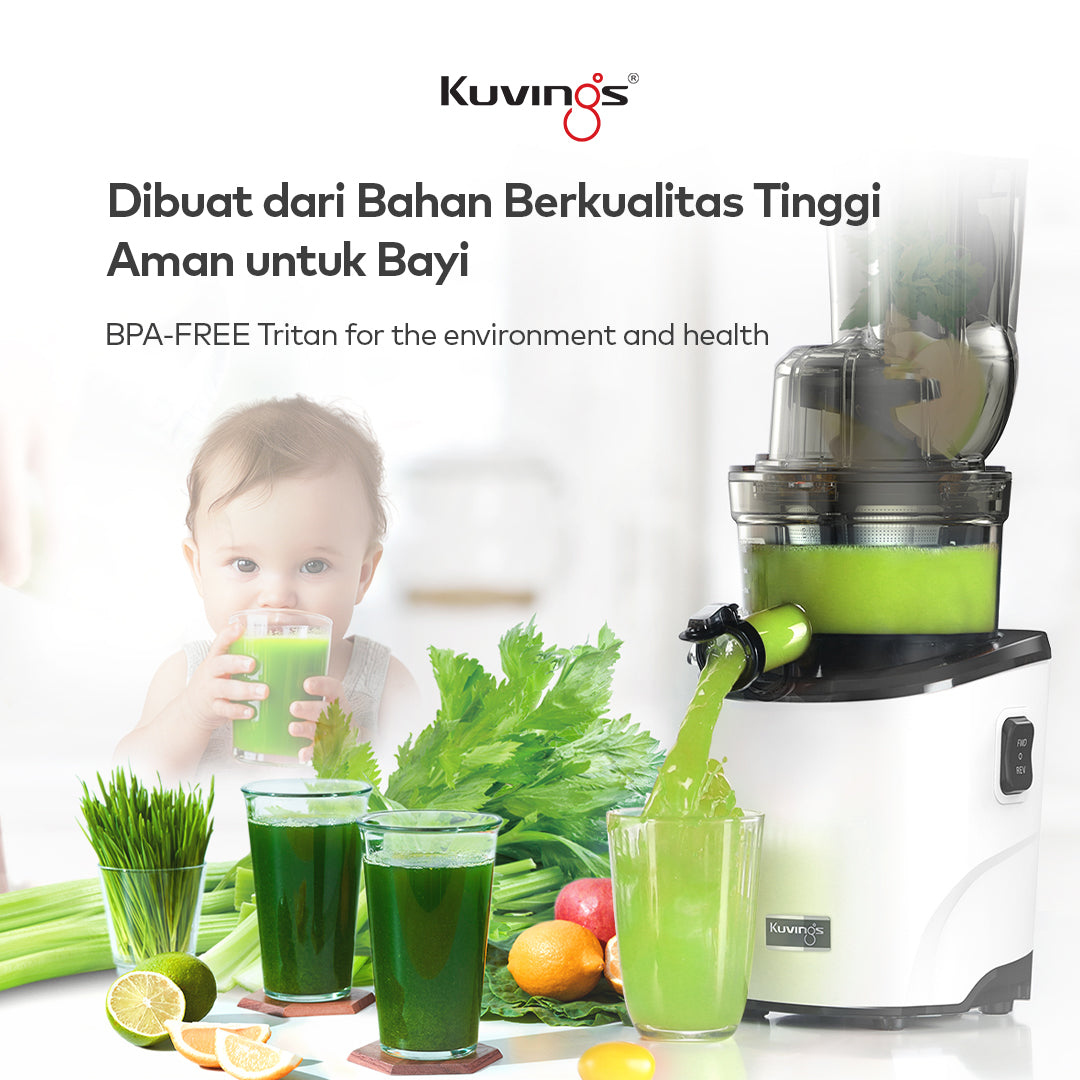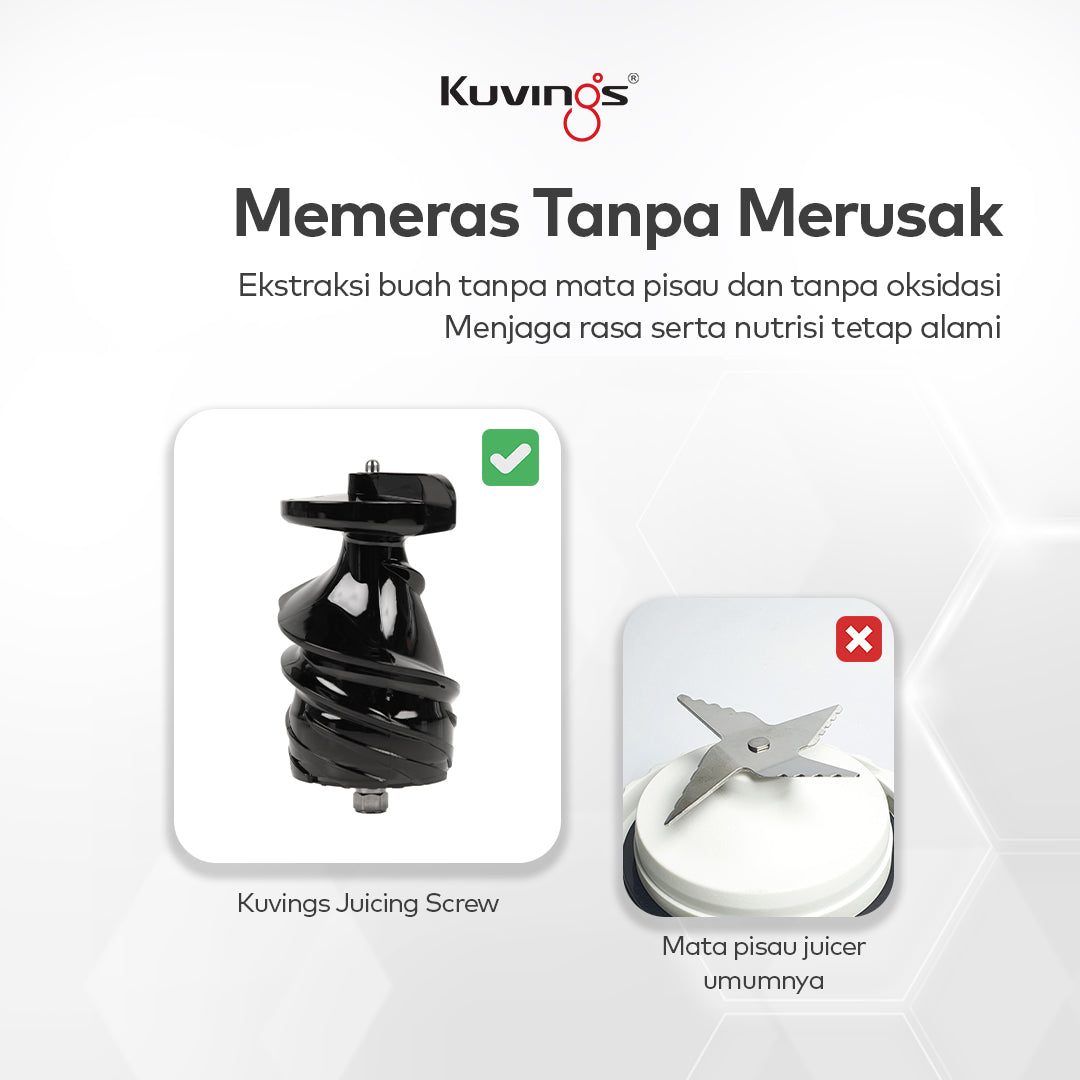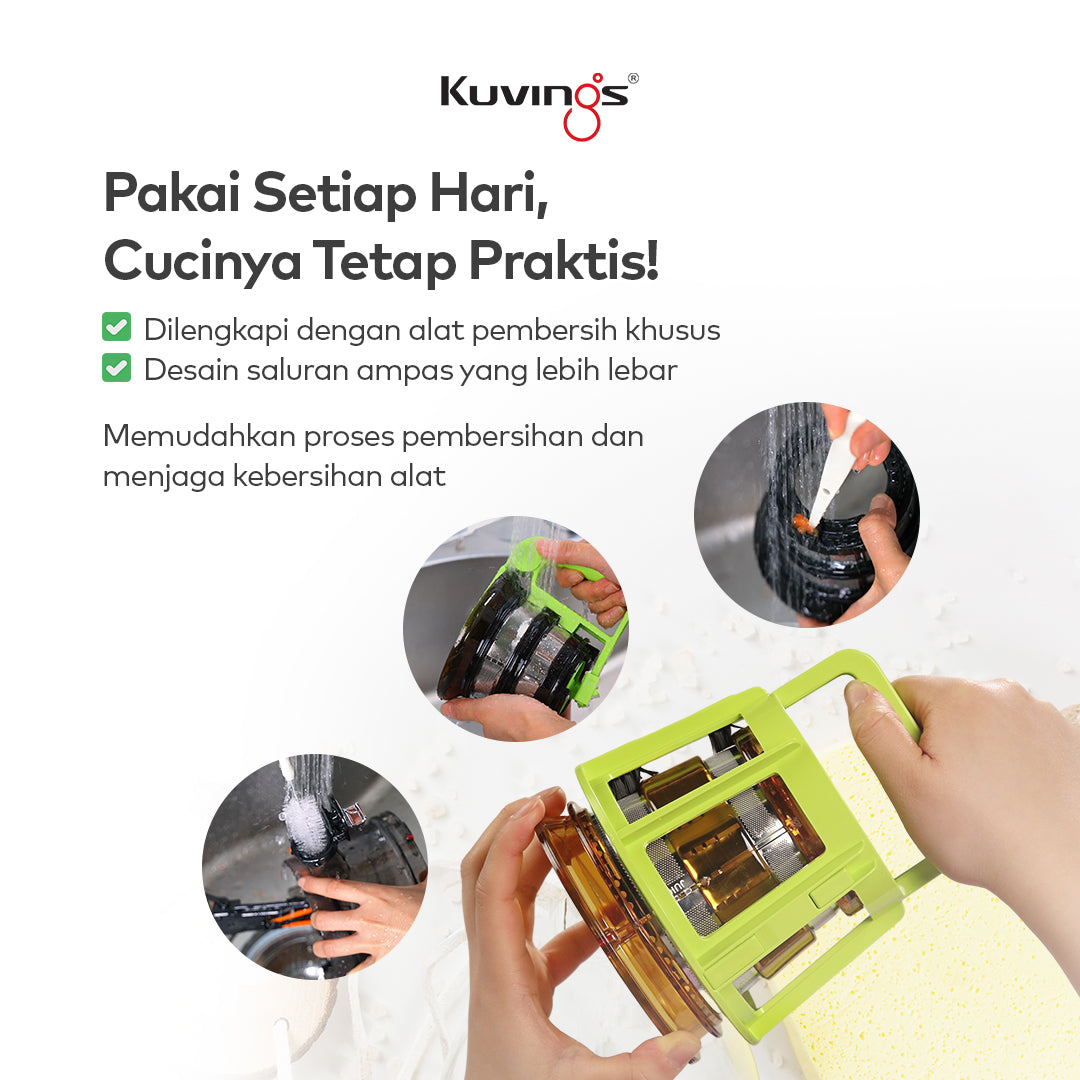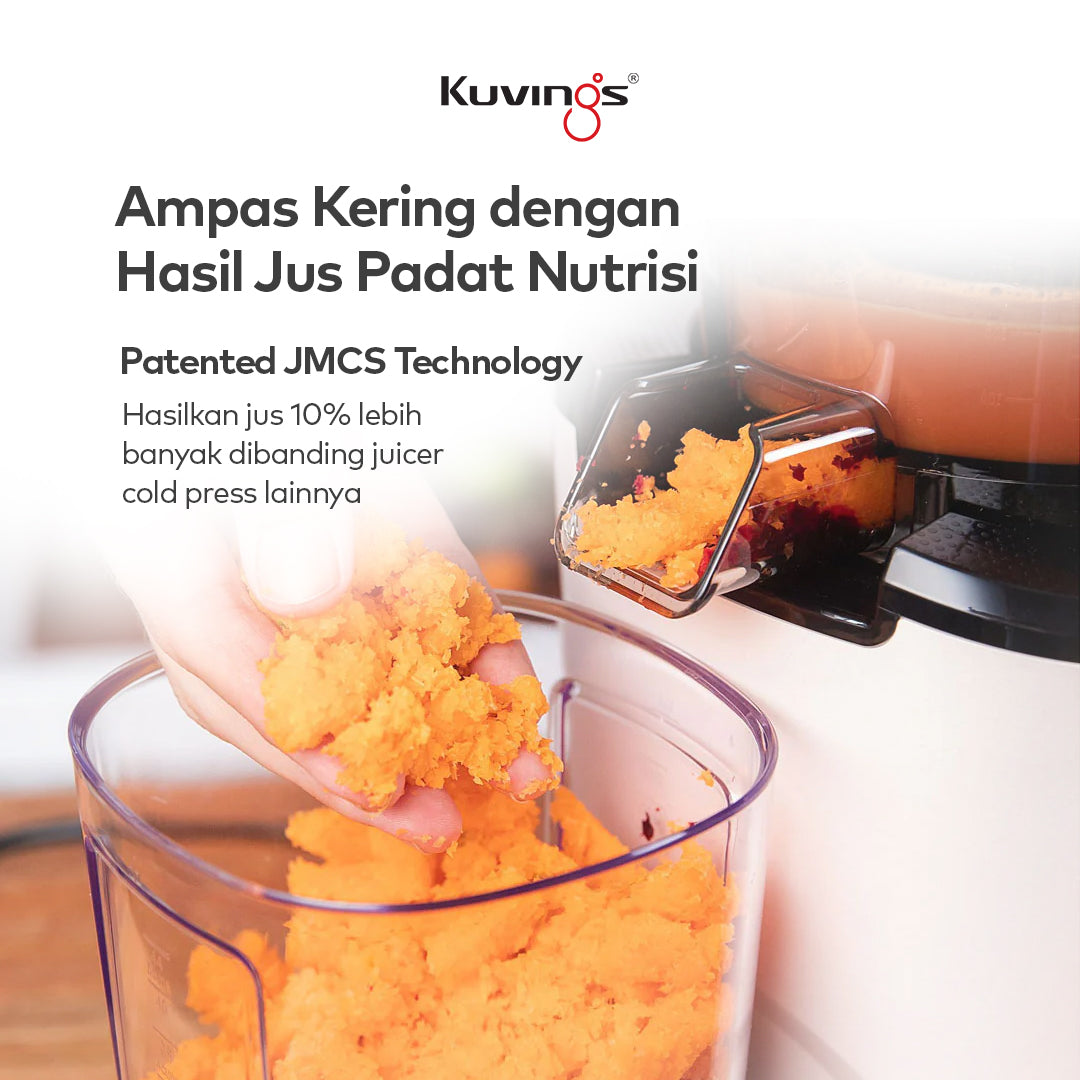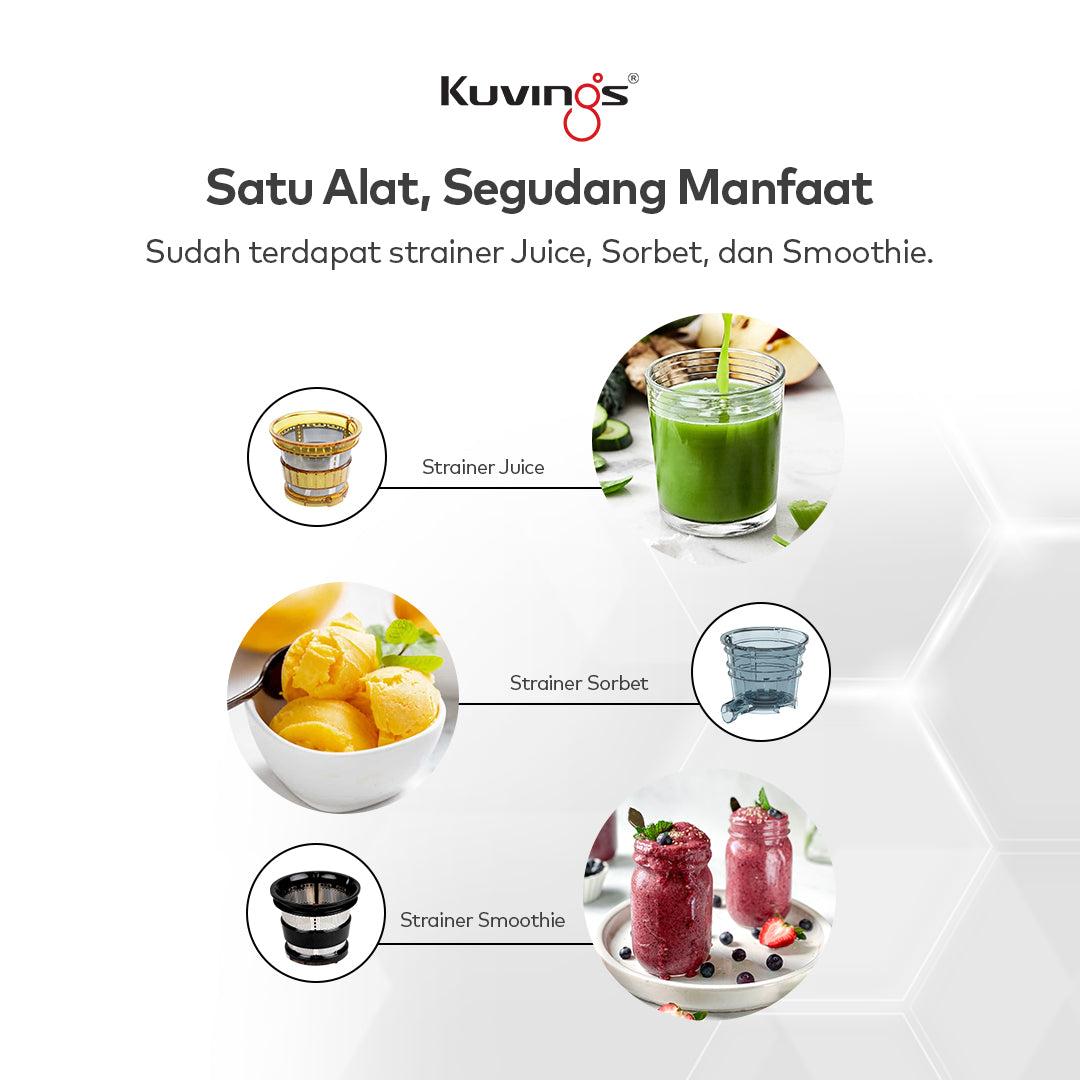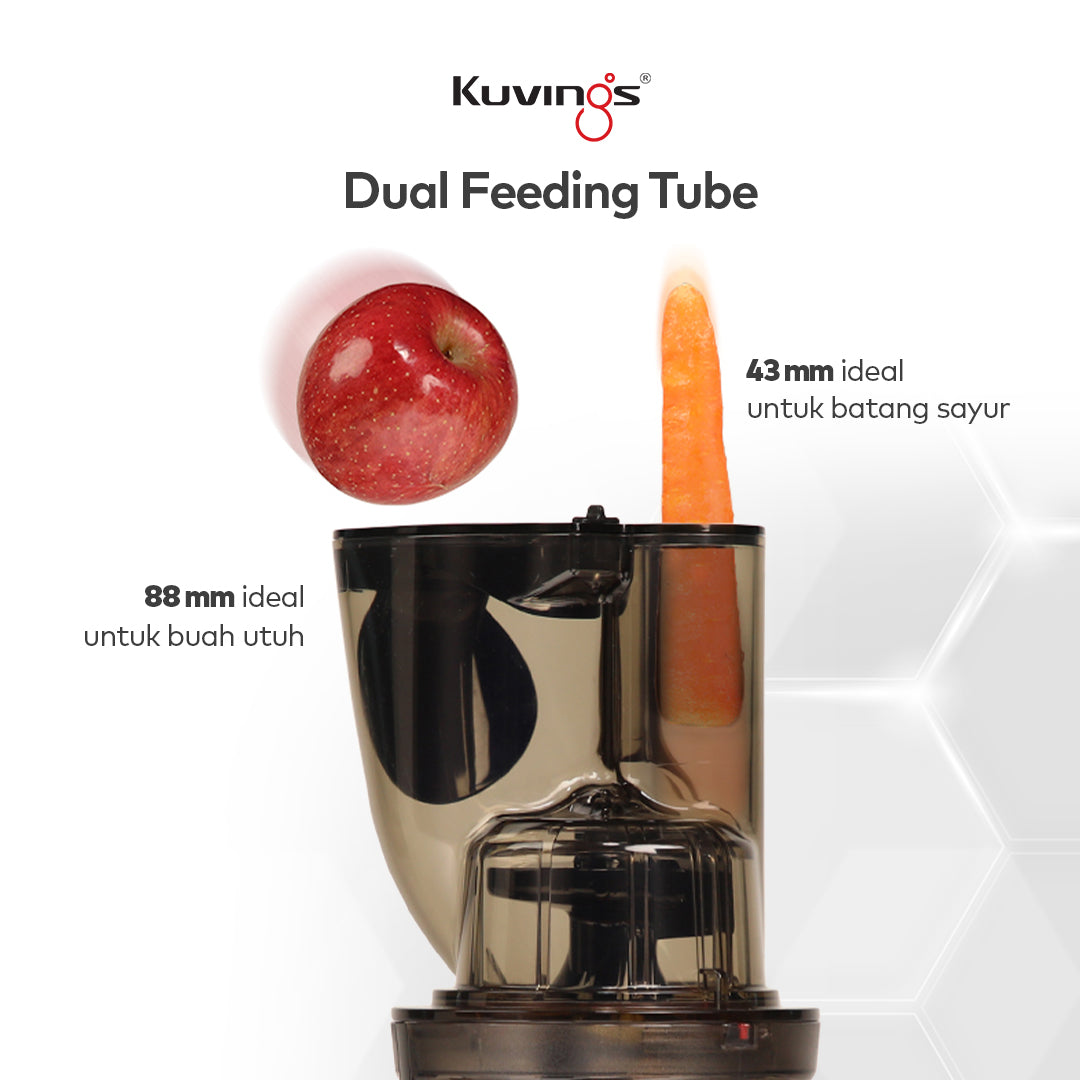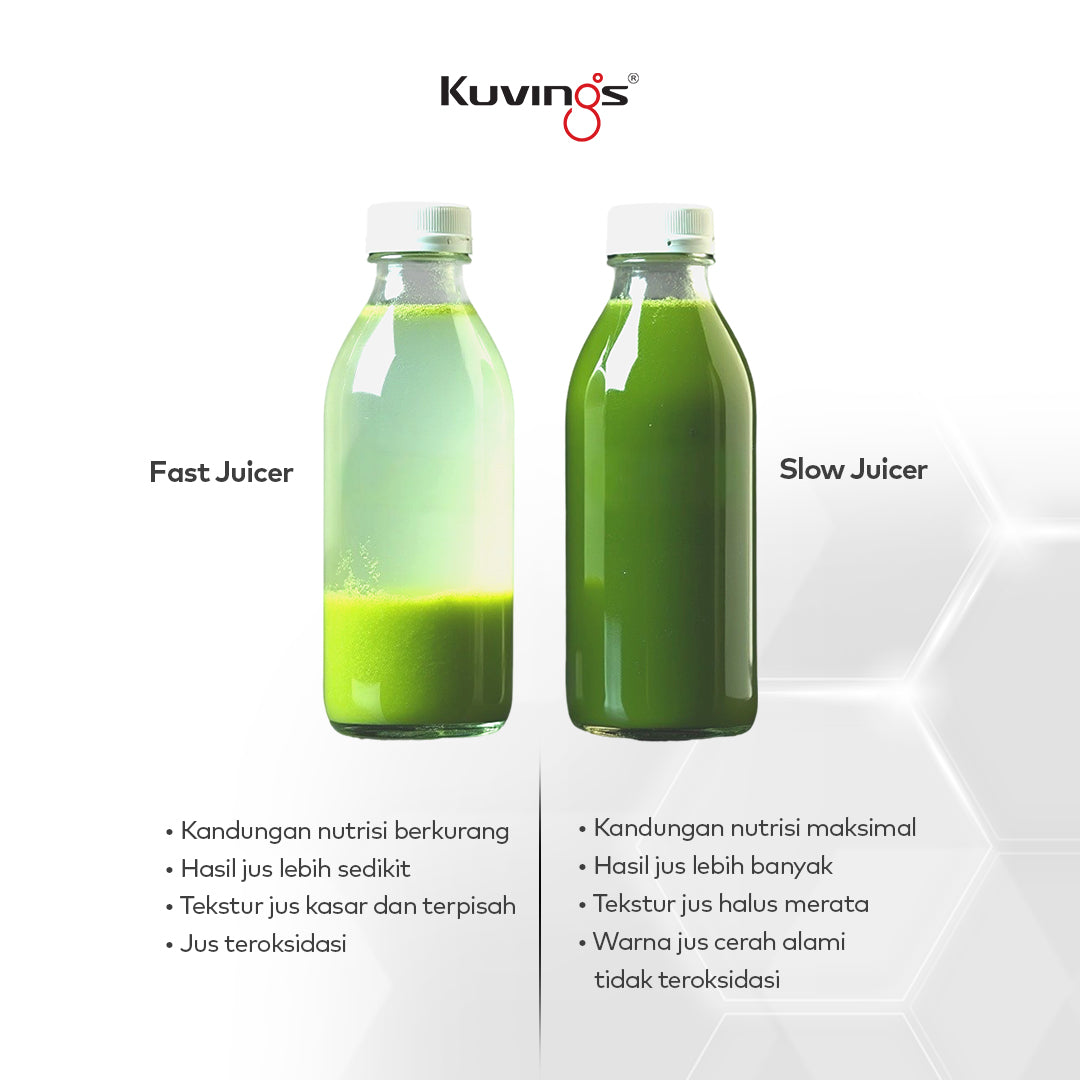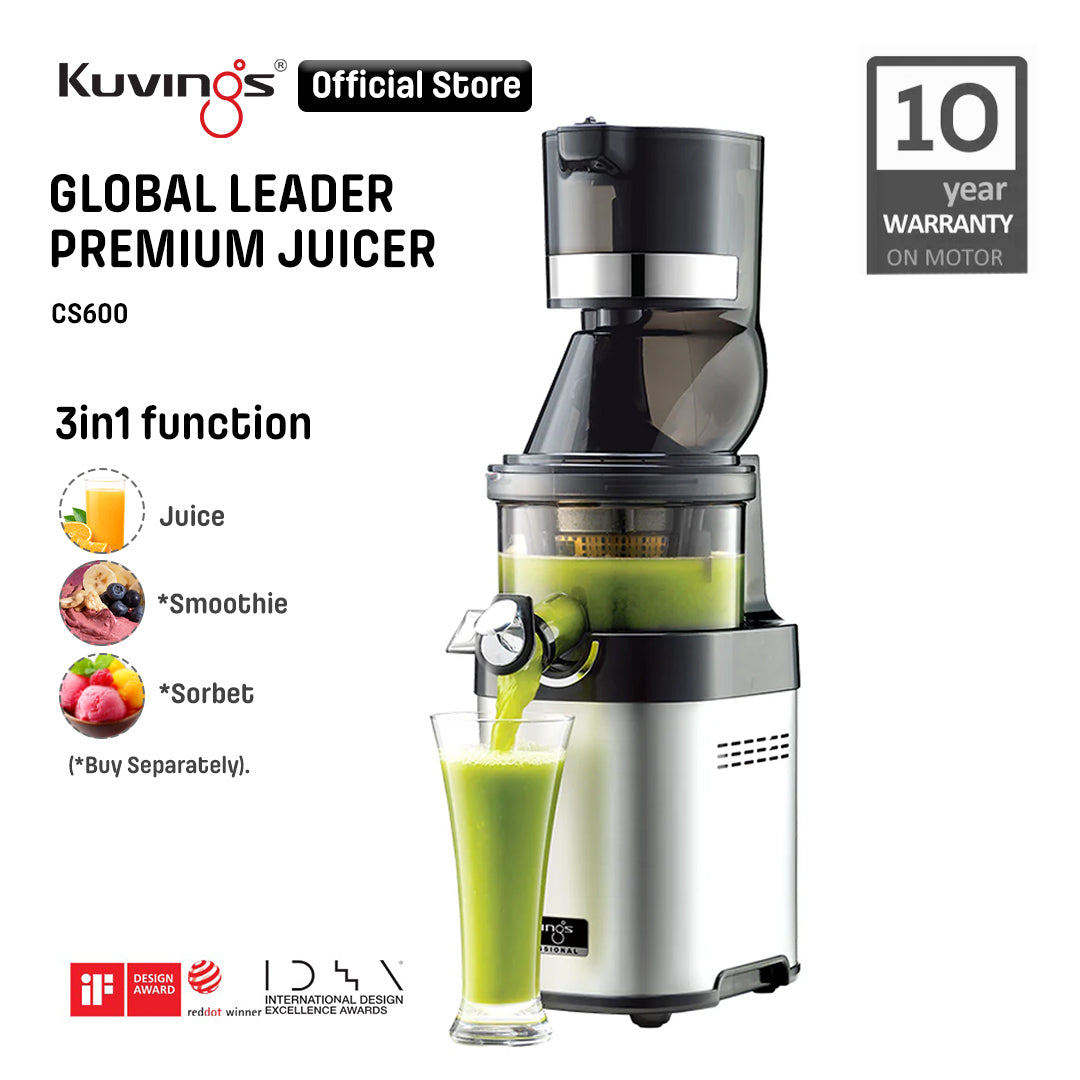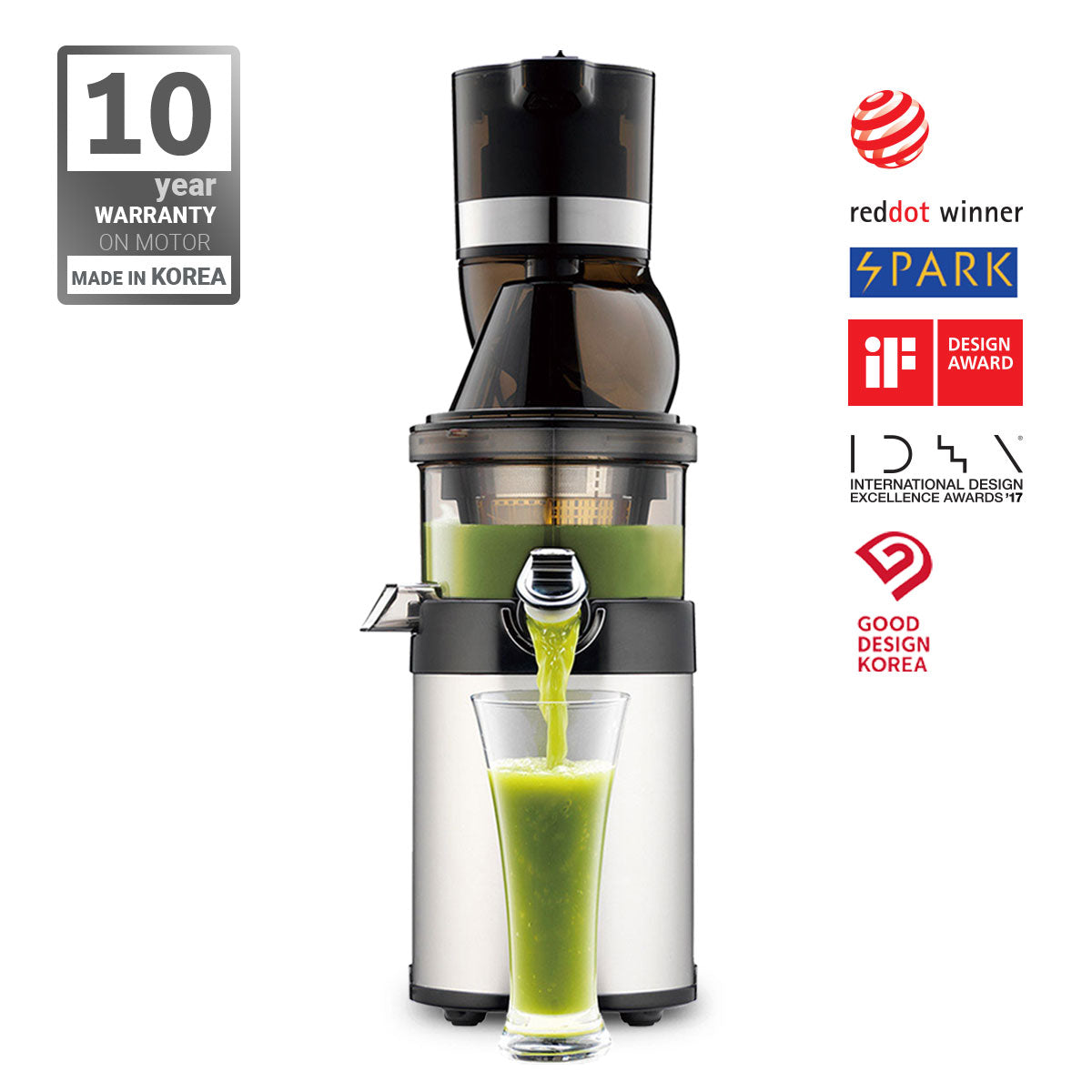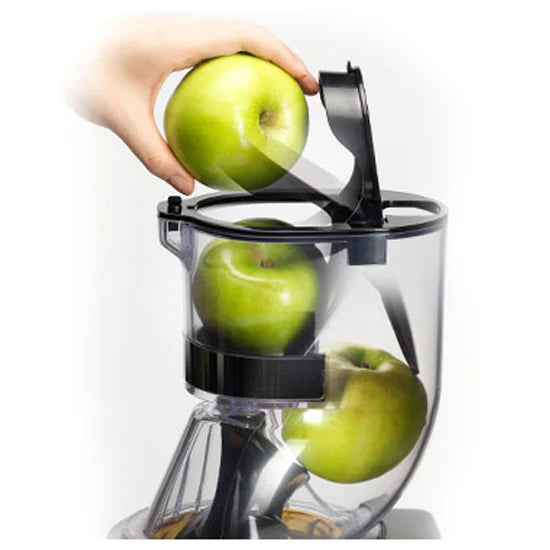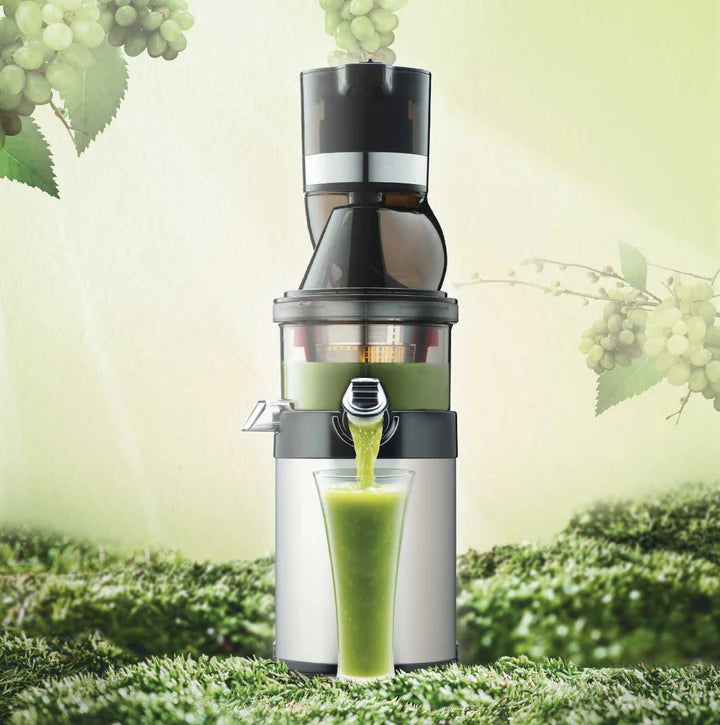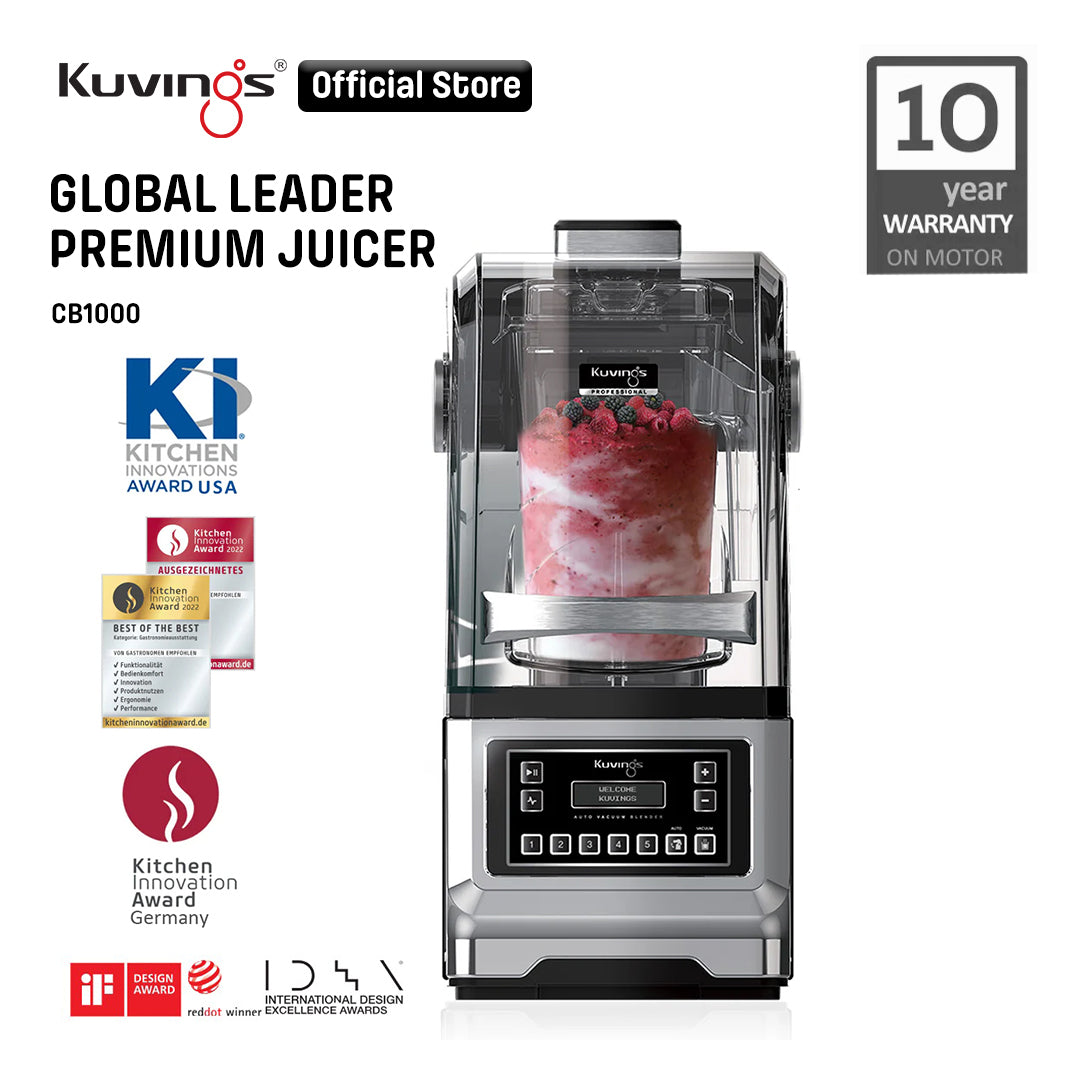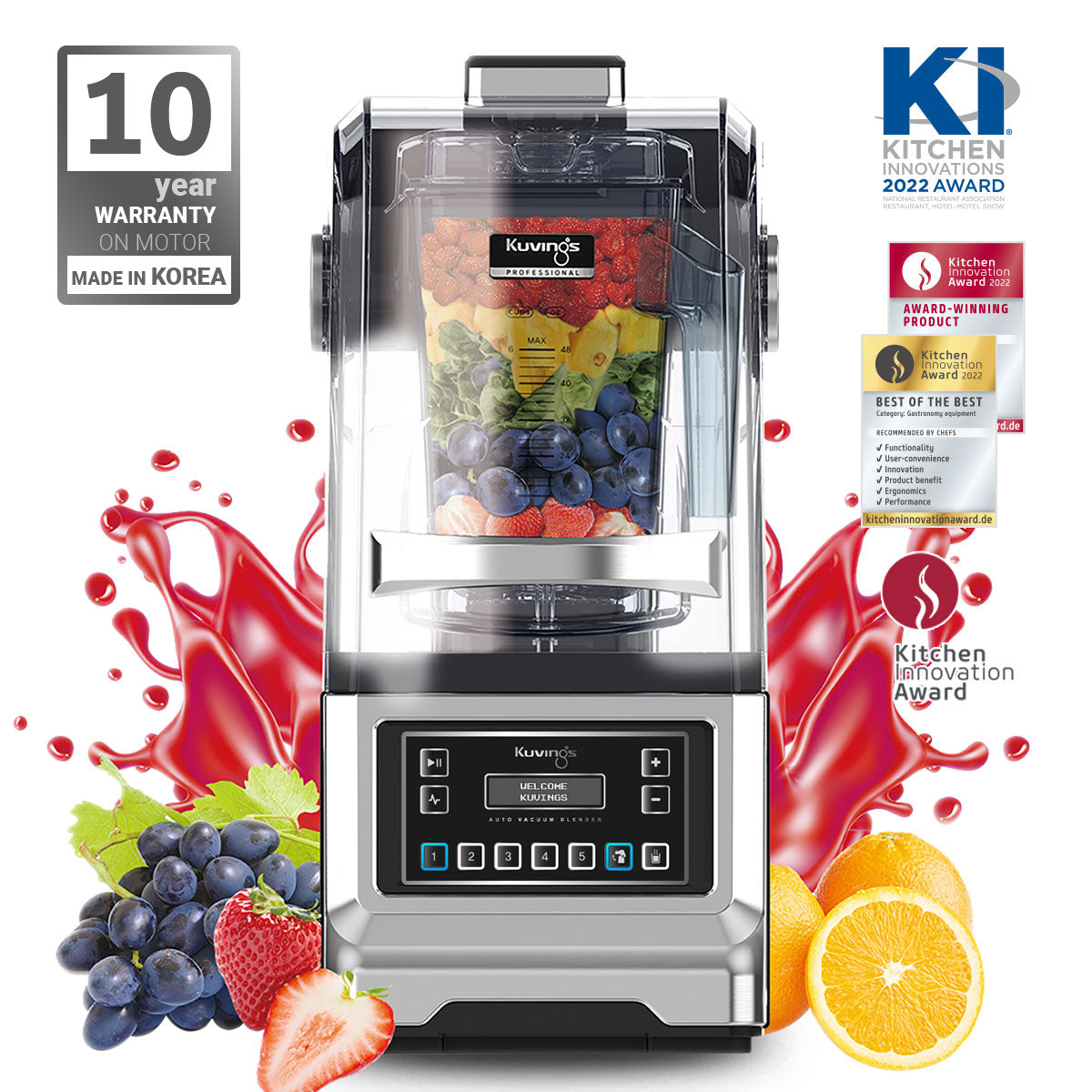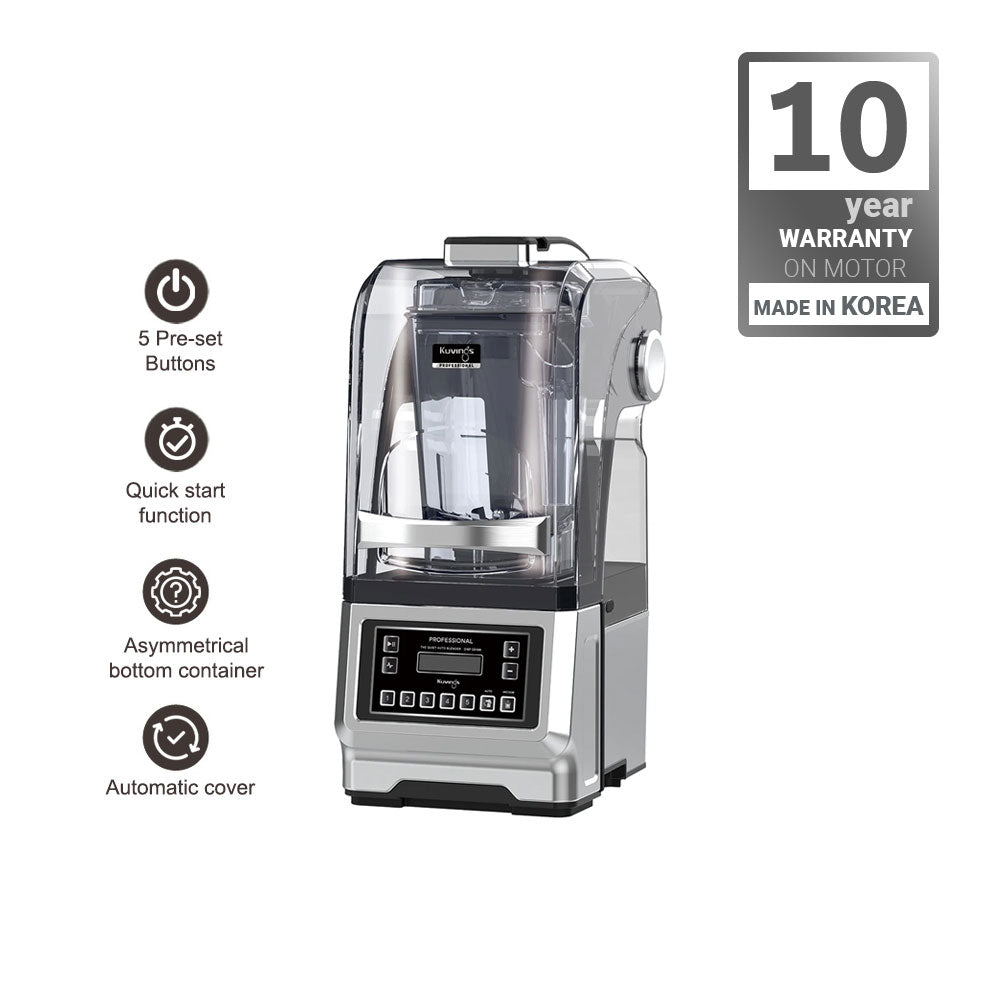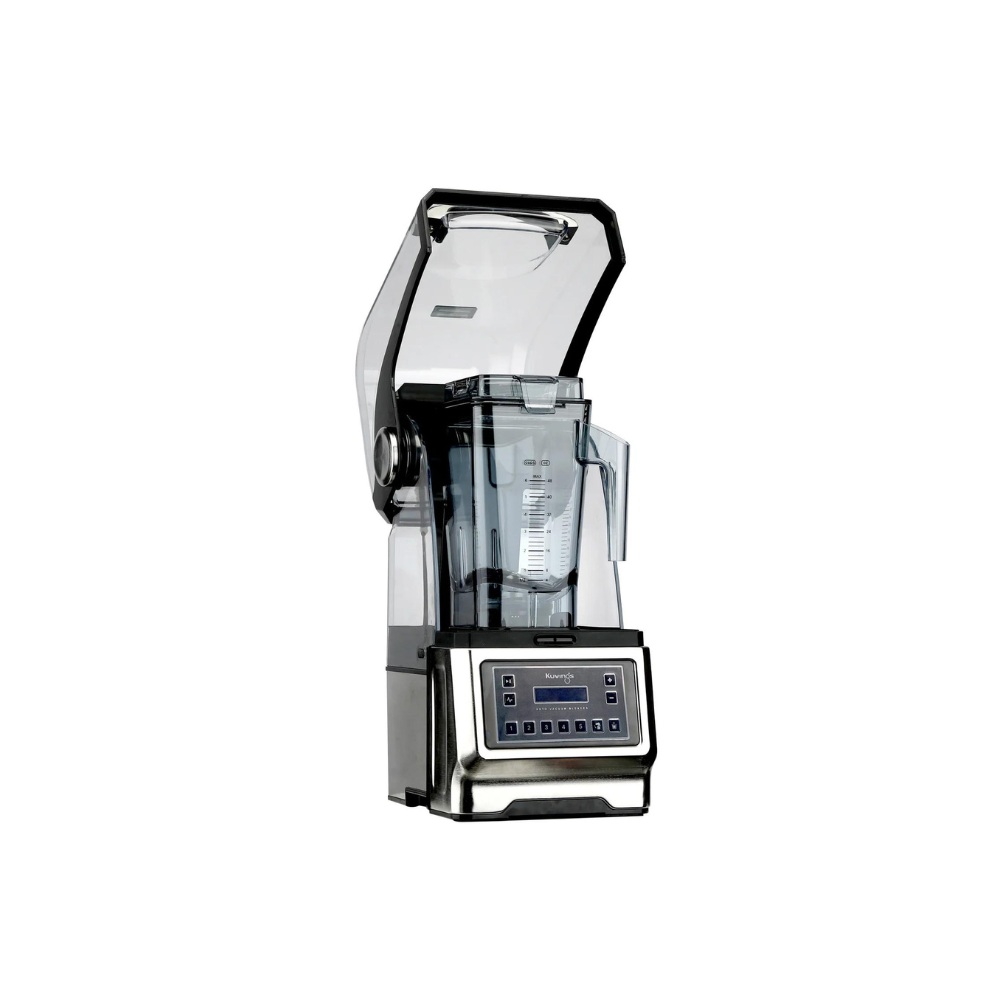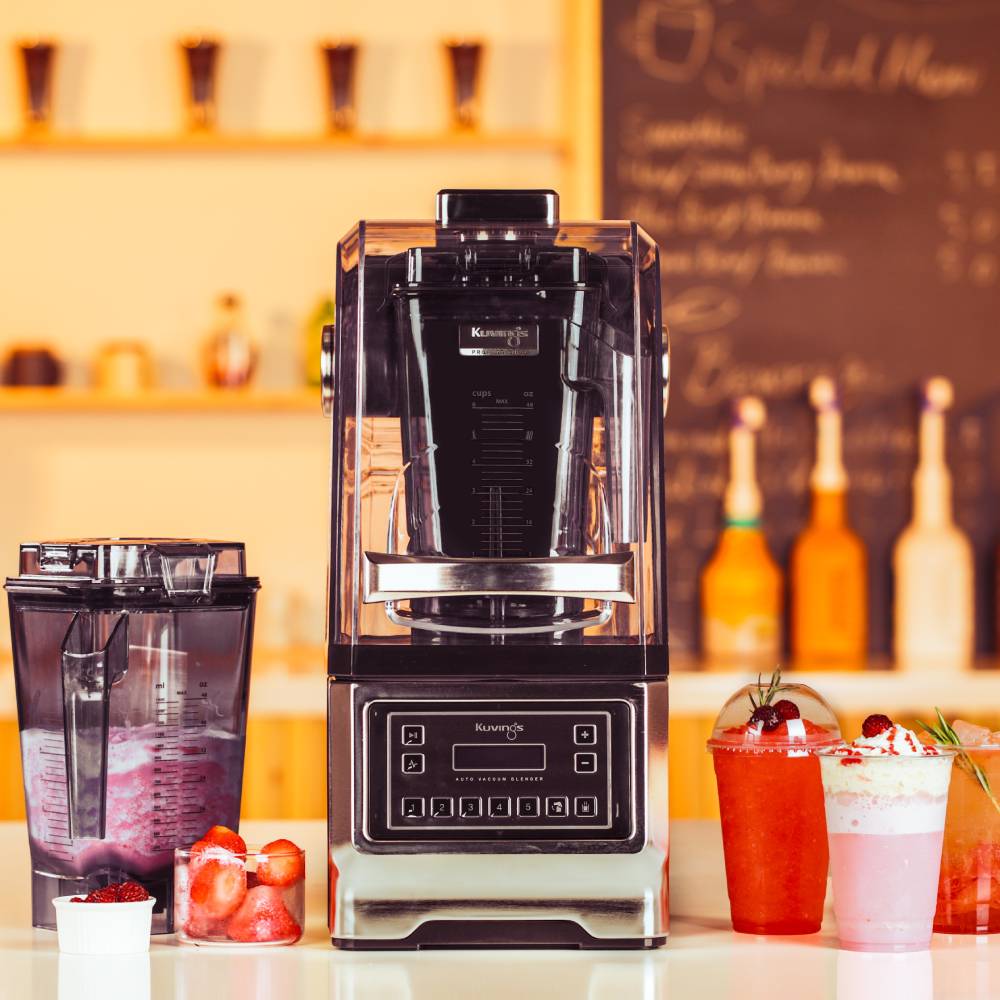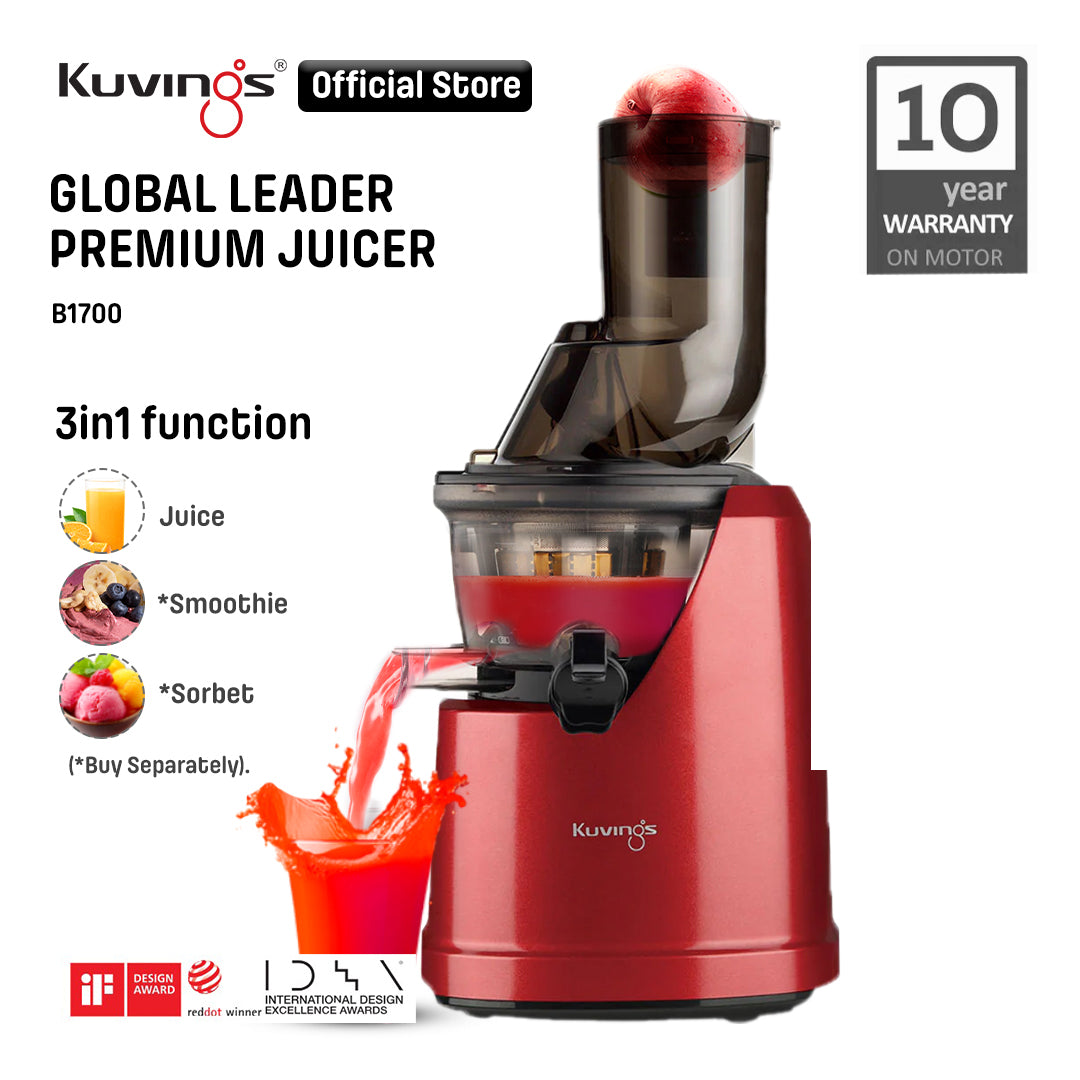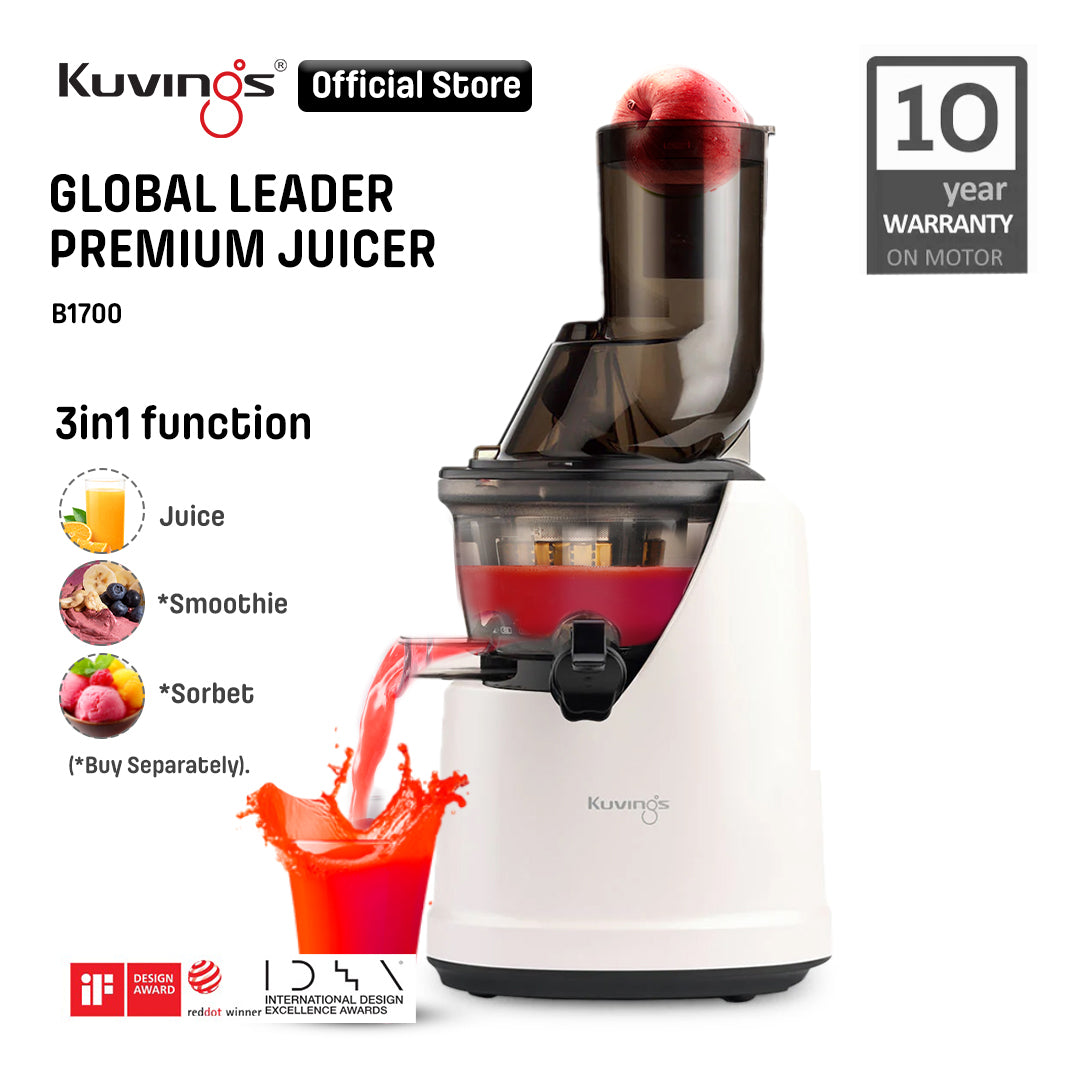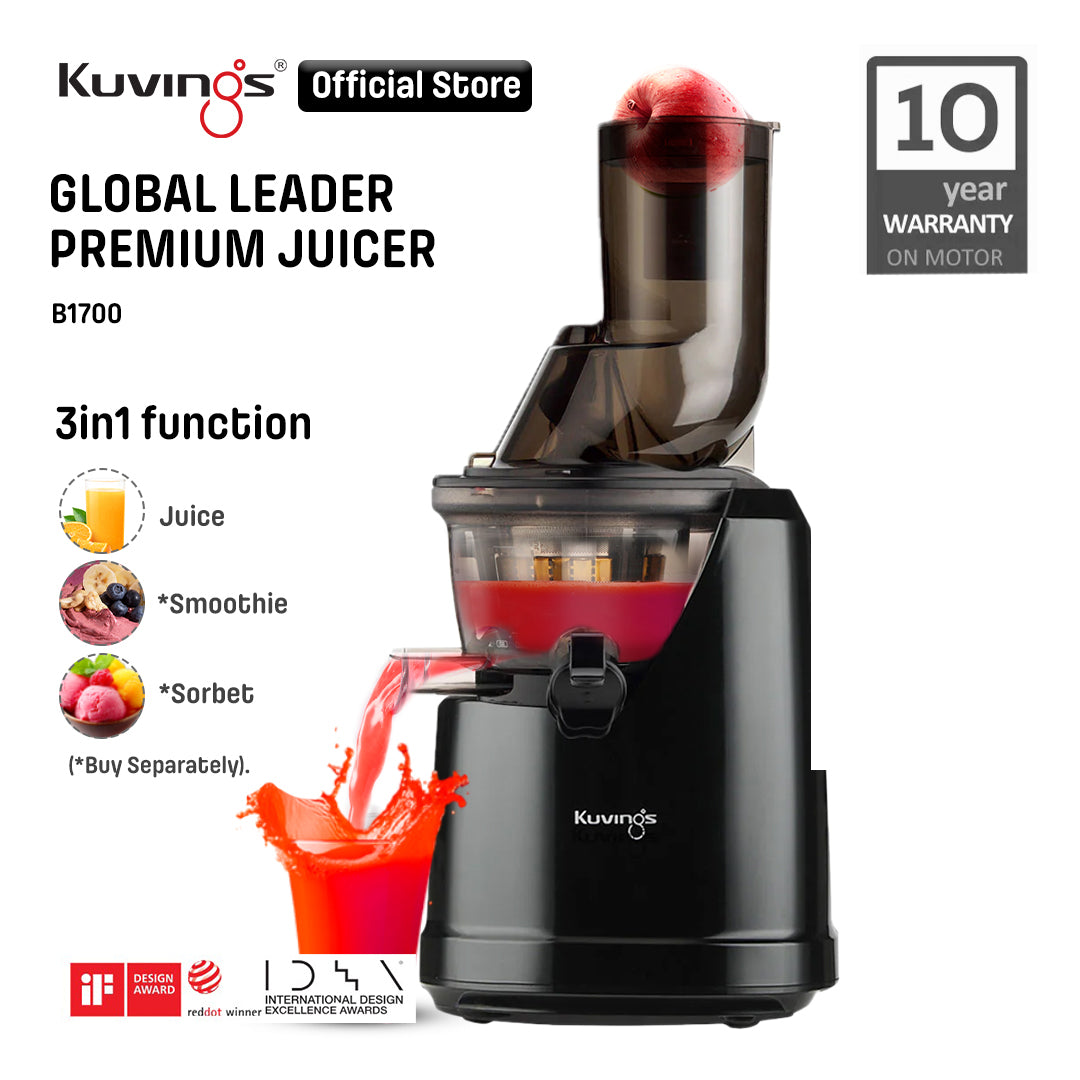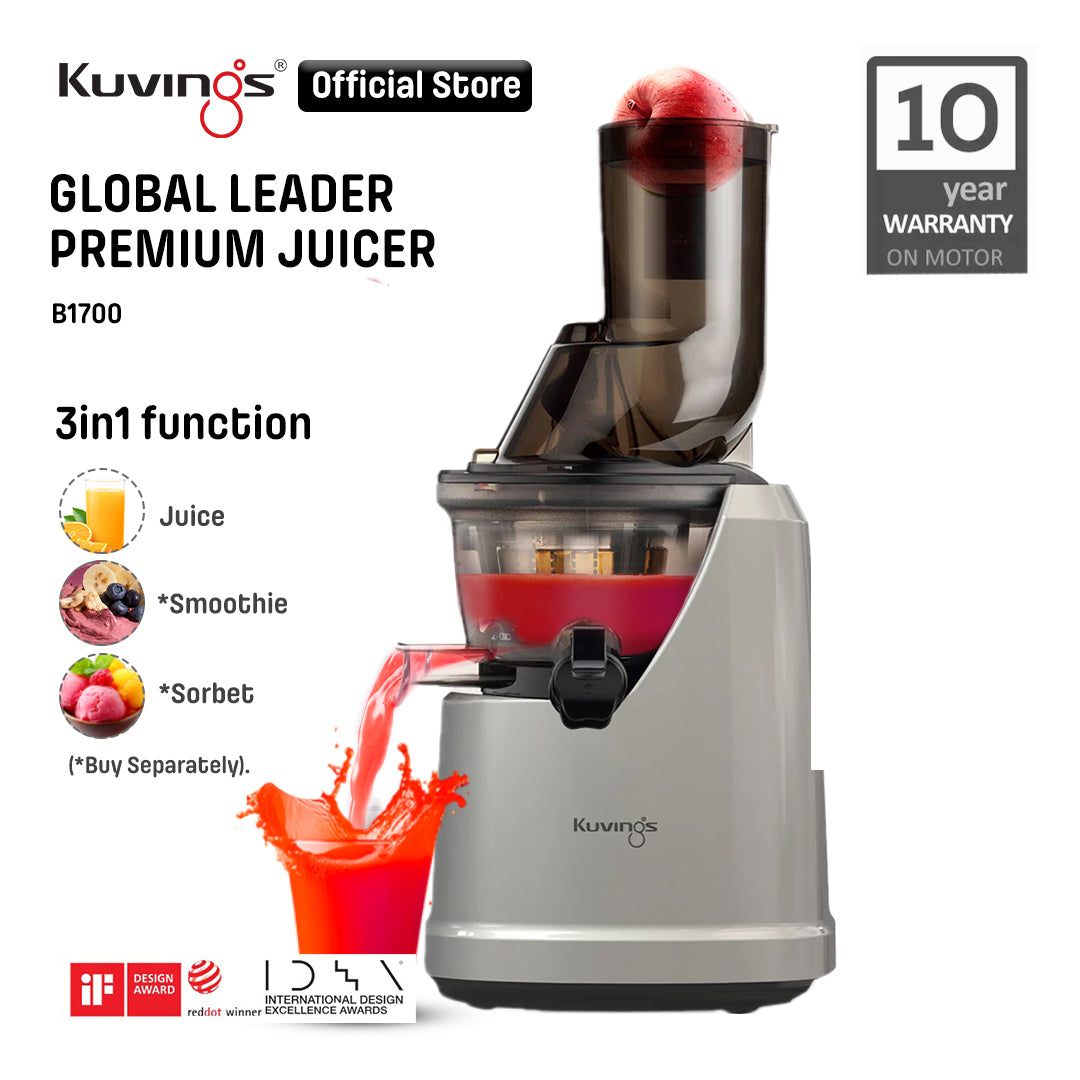During the month of Ramadan, Muslims fast from sunrise to sunset. Because fasting lasts for hours without food and drink, the risk of dehydration increases. In fact, the human body needs about 30-35 ml of water per kg of body weight to function optimally.
Fluids play an important role in transporting nutrients to body cells, removing toxins through the kidneys, and maintaining optimal body function. Therefore, it is important to plan your fluid intake well, especially for those of you who exercise while fasting, live in a high temperature environment, or take medications that require additional fluids.
Which is Better: Cold or Warm Water?
The choice between cold or warm water depends on your body condition:
✅ Cold water helps refresh the body after sweating or heavy activity, but it can cause blood vessels to constrict and digestive problems.
✅ Warm water is better at maintaining long-term hydration, aiding digestion, improving blood circulation, and reducing the risk of constipation.
To be more effective, it is best to consume warm or room temperature water , or if you prefer, you can cool it slightly.
Fresh Juices for Optimal Hydration During Ramadan
Fruits and vegetables are not only rich in water, but also contain various vitamins, minerals, and antioxidants that help maintain body health during fasting. Here are some juices you can try:
🥒 1. Fresh Green Juice (Cucumber Green Juice)

✅ 1 Japanese cucumber
✅ 2 green apples
✅ 1 slice of lemon
🍉 2. Watermelon Red Juice
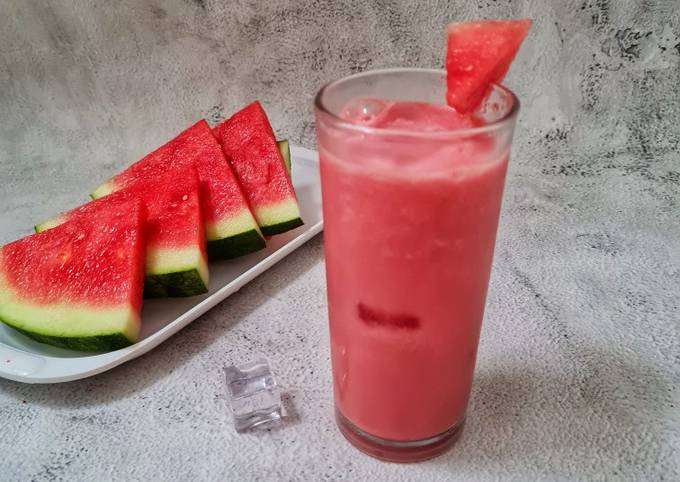
✅ 3 pieces of watermelon
✅ 1 red apple
✅ 1 slice of lemon
🍊 3. Sweet Orange Boost
✅ 2 oranges
✅ 1 carrot stick
✅ 1 slice of lemon
To maintain body fluid balance, make sure to consume more water, fresh fruits and vegetables . Avoid salty and spicy foods that can increase thirst and cause dehydration.

